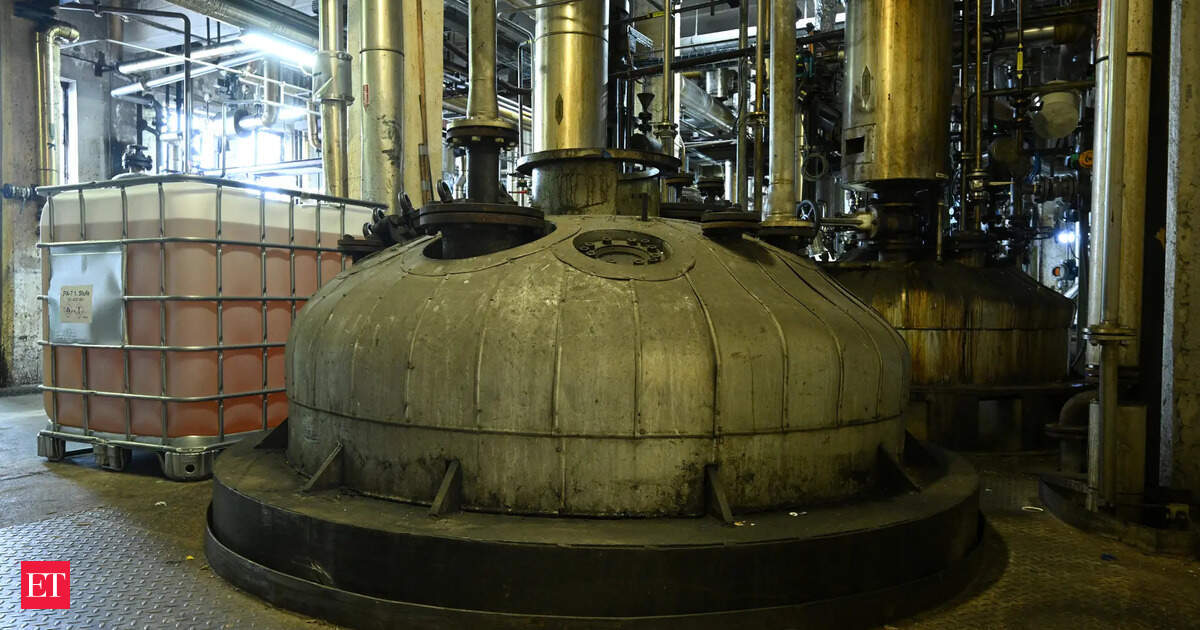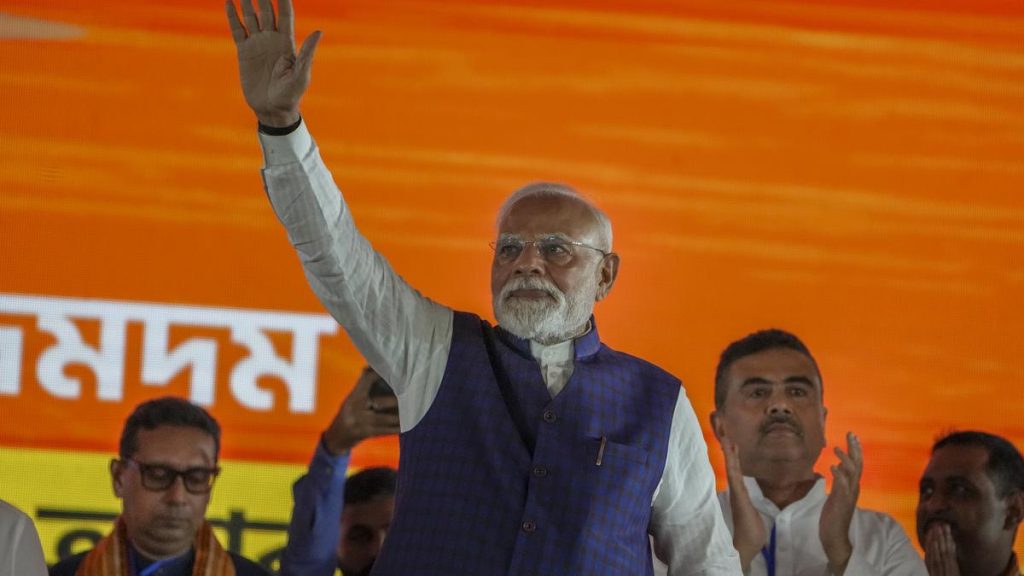Now Reading: Top Firms Slash Import Costs with Local Sourcing Drive
-
01
Top Firms Slash Import Costs with Local Sourcing Drive
Top Firms Slash Import Costs with Local Sourcing Drive

quick Summary
- Decline in import Bills: Annual reports show a significant reduction in foreign exchange outflows for 20 major consumer-facing companies across automobiles, electronics, and FMCG sectors over five fiscal years (FY20-FY25).
- Key Companies: Automakers like Maruti suzuki, Tata Motors, Hero MotoCorp, and electronic manufacturers such as Bajaj Electricals, Havells India, Amber Enterprises have substantially cut their import bills.
– Percentage of imports to total sales reduced manifold; such as:
– Dixon Technologies’ imports fell from 49% of sales in FY20 to 6% in FY25.
– Maruti Suzuki’s foreign currency outgo dropped to 6% from 11.5%.
– Tata Motors reduced theirs to just 1%,compared to 7%.
- Role of Government policies:
– Implementation of Production Linked Incentive (PLI) schemes aimed at boosting local manufacturing across auto components, electronics, solar modules, food processing industries.
– Import duties raised on select components and raw materials; non-tariff barriers applied by ensuring certification through Indian standards.
- Impact on FMCG Sector: Major players like nestle India and Britannia highlighted declining import bills due to substitution with cheaper local inputs for ingredients such as cocoa and flavors.
Indian Opinion Analysis
The data underscores the effectiveness of recent government initiatives promoting self-reliance through localized production. The PLI schemes provide targeted financial incentives that encourage companies not only to reduce dependency on costly imports but also build domestic supply chains. For businesses like dixon Technologies or Hero MotoCorp-where declines are notable-the localization efforts have spurred operational efficiency while lowering costs tied to foreign currency exposure.
This shift also signals potential long-term economic benefits such as job creation through enhanced domestic manufacturing capacities. However, the role of raised tariffs and non-tariff measures could warrant assessment over sustainability concerns if costs rise disproportionately within certain industries. Ultimately though, fostering local ecosystems aligns well with India’s larger strategy under “Make In India.” This multi-sectoral success further strengthens arguments for expanding similar policies into uncovered areas.























